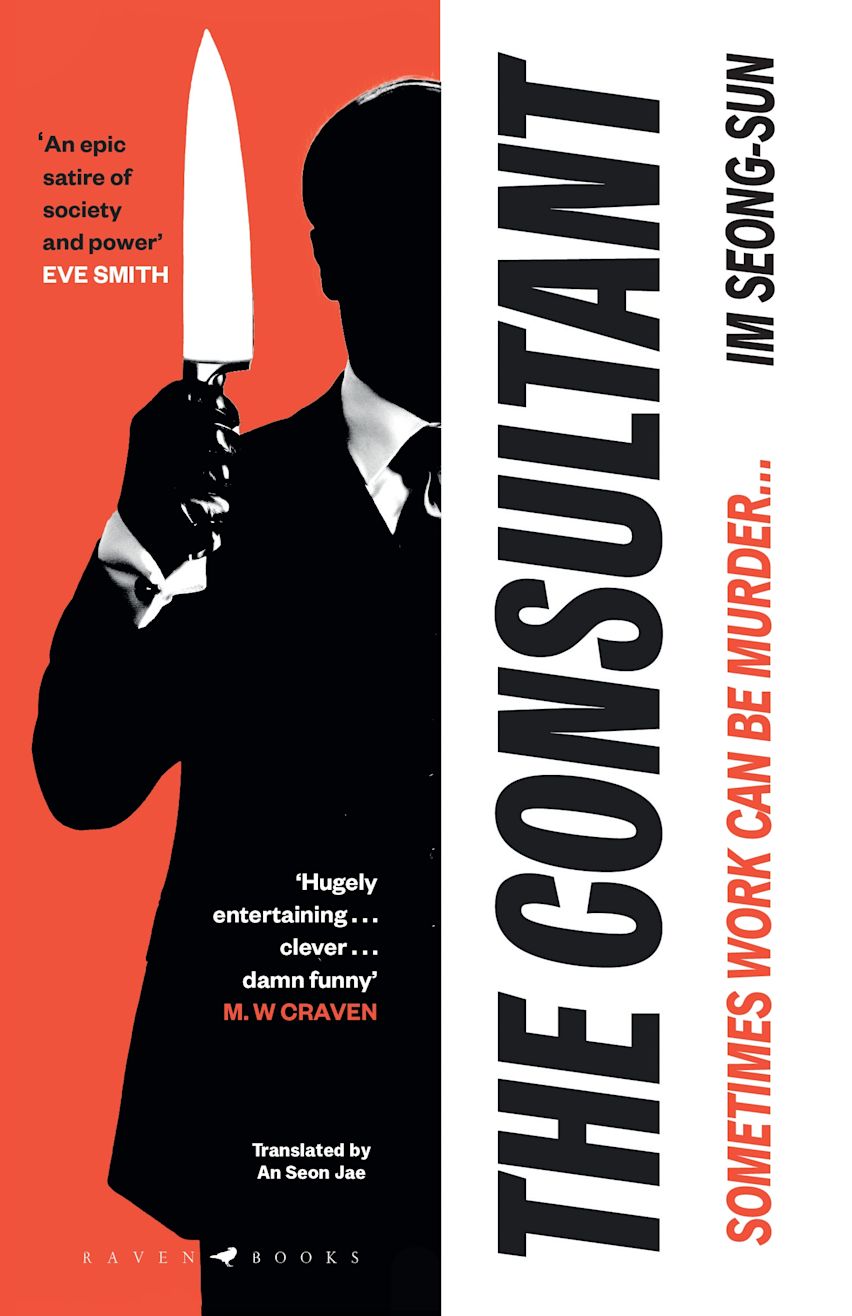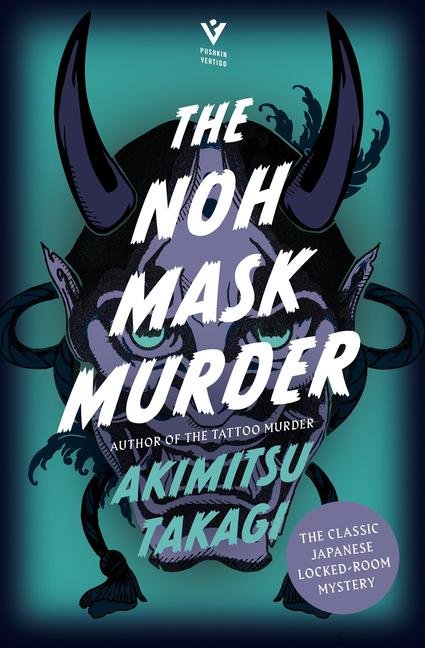Steven Pinker, like many of his ilk, is nothing more than a grifter pretending to have been widely read in a specific (and too broad) topic, and this book proves that he really needed to shut up for a second and actually engage in a wider range of discussions and explorations in order to better understand "violence." He does not understand violence in any capacity, and he does not understand anything beyond a very narrow view of the world that only further benefits people like him.
My initial problem with the book is that he never outlines what he considers "violence" to be, and that should immediately position someone to ask the same handfuls of questions over and over again while they read this. He keeps saying things like "violence has decreased," but he never seems to recognise what violence is and often hems and haws over what to include. Sometimes it's a focus on interpersonal violence, sometimes it's focusing on serial killers and mass murderers, and occasionally he's discussing wars and genocides. And a lot of the stats around these things are just... flippantly tossed out there. At no point does he consider the constant bureaucratic and state-sanctioned violence that many people endure on the daily (either directly or indirectly) to be a problem or even violence at all, and the killers he discusses almost never seem to be world leaders (except for those who have been socially granted the status of 'murderer', like Hitler).
Oh, would now also be a good time to point to the fact that a large basis for this book is literally a coffee table book, constant references in the Bible, and a man who self-describes as an "atrocitologist" and "keeps a database with the estimated death tolls of history's major wars, massacres, and genocides... that are specifically enumerated in the Bible." Would it also be a good time to mention that he repeatedly conflates fiction for reality, citing movies and novels as examples violence? It should be.
This man is a quack, and he refuses to actually engage in looking at any of the societal issues around violence (except the societal issues that might see him killed, it feels), and he repeatedly cites "researchers" who should be met with huge degrees of skepticism. In one chapter, her references Francis Fukuyama and Charles Murray at the same time. In another, while talking about the Flynn Effect, he almost entirely ignores most of James Flynn's actual work and own personal statements (most of which was done well before 2011) in favour of Charles Murray's interpretations. He then later uses work done by Satoshi Kanazawa to make his point. All of these men have had major problems with varying forms of bigotry (most notably and obviously racism), and yet that's who Steven chooses to cite without even a glimmer of a criticism.
He also completely misrepresents studies done by people who actually seem to know what they're talking about to make them align with his views, which is a common thing among white men in academia (and academia in general, but that's definitely as a result as its history with particular hierarchical structures that have impacted it and been regarded as "neutral" and "impartial"). Even when he uses things that are statistically sound, he uses it to further his own goals rather than to explore what those statistics even mean in their context. He has a preconceived idea of the world and no curiosity to explore beyond it, something you'd think a "curious" person would do (but he wrote this to "correct" everyone's view that the world is more violent today [in 2011], so it's not like curiosity was the point).
I don't want to write more about how horrible this book is, so I'll end it with this incredibly bizarre and ludicrous (even by the standards of 2011) fictional commencement speech that could've been given in 1976 about what 2011 and beyond would look like (because he "[had] no memory of the [one] that sent [him] into the world of adulthood," which gave him license to invent one whole cloth). He wrote it with some interesting "predictions" about the future, let's look at some of them:
- "The peace in Western Europe will continue indefinitely, and within five years the incessant warring in East Asia will give way to a long peace there as well."
- "Fascism too will vanish from Europe, then from much of the rest of the world."
- "The Middle East also has surprises in store. You have just lived through the fifth war between Israel and Arab states in twenty-five years. These wars have killed fifty thousand people and recently threatened to drag the superpowers into a nuclear confrontation. But within three years the president of Egypt will hug the prime minister of Israel in the Knesset, and they will sign a peace treaty that will last into the indefinite future. Jordan too will make a lasting peace with Israel. Syria will engage in sporadic peace talks with Israel, and the two countries will not go to war."
All of which have certainly aged like fine milk. This book is garbage, and its best use is as kindling.











